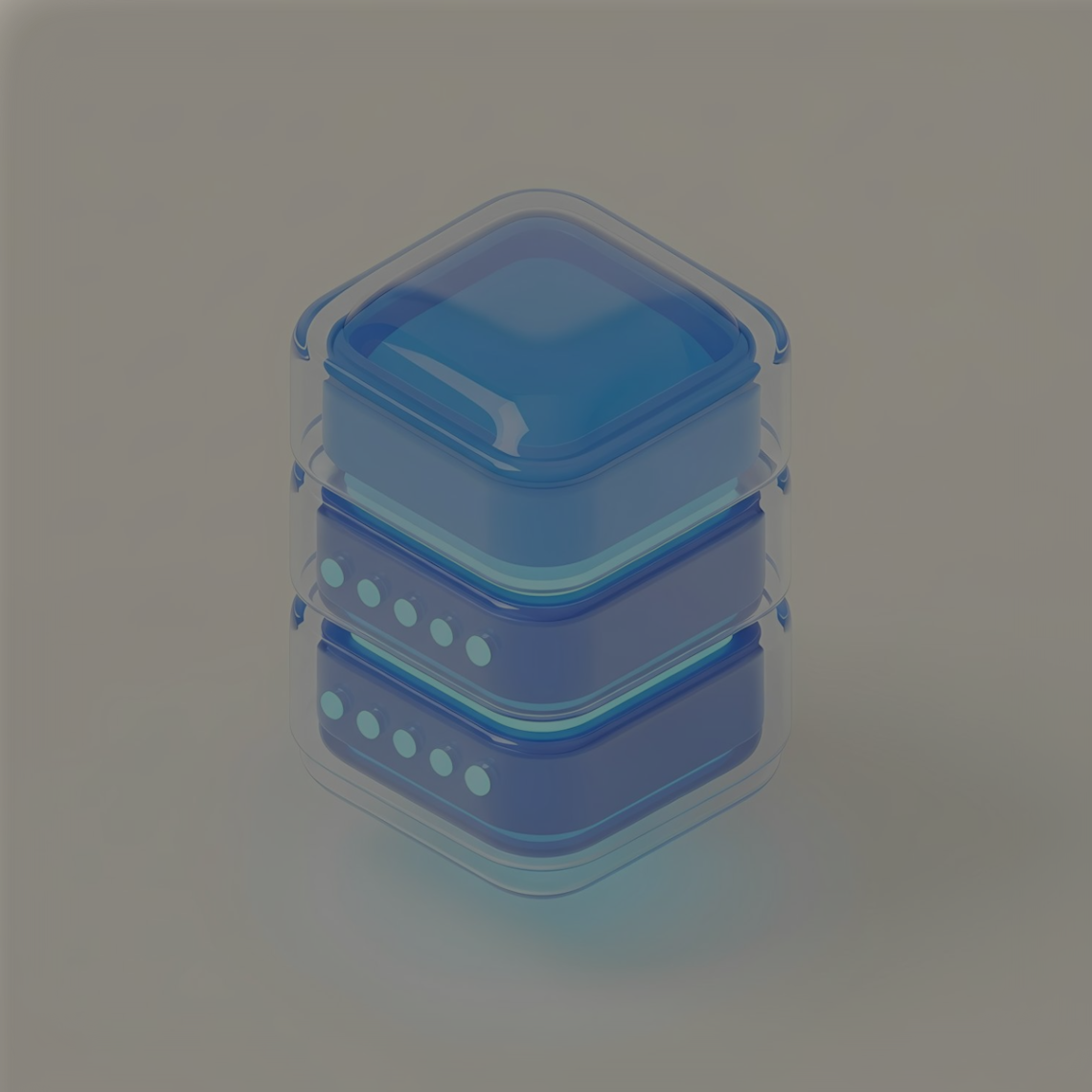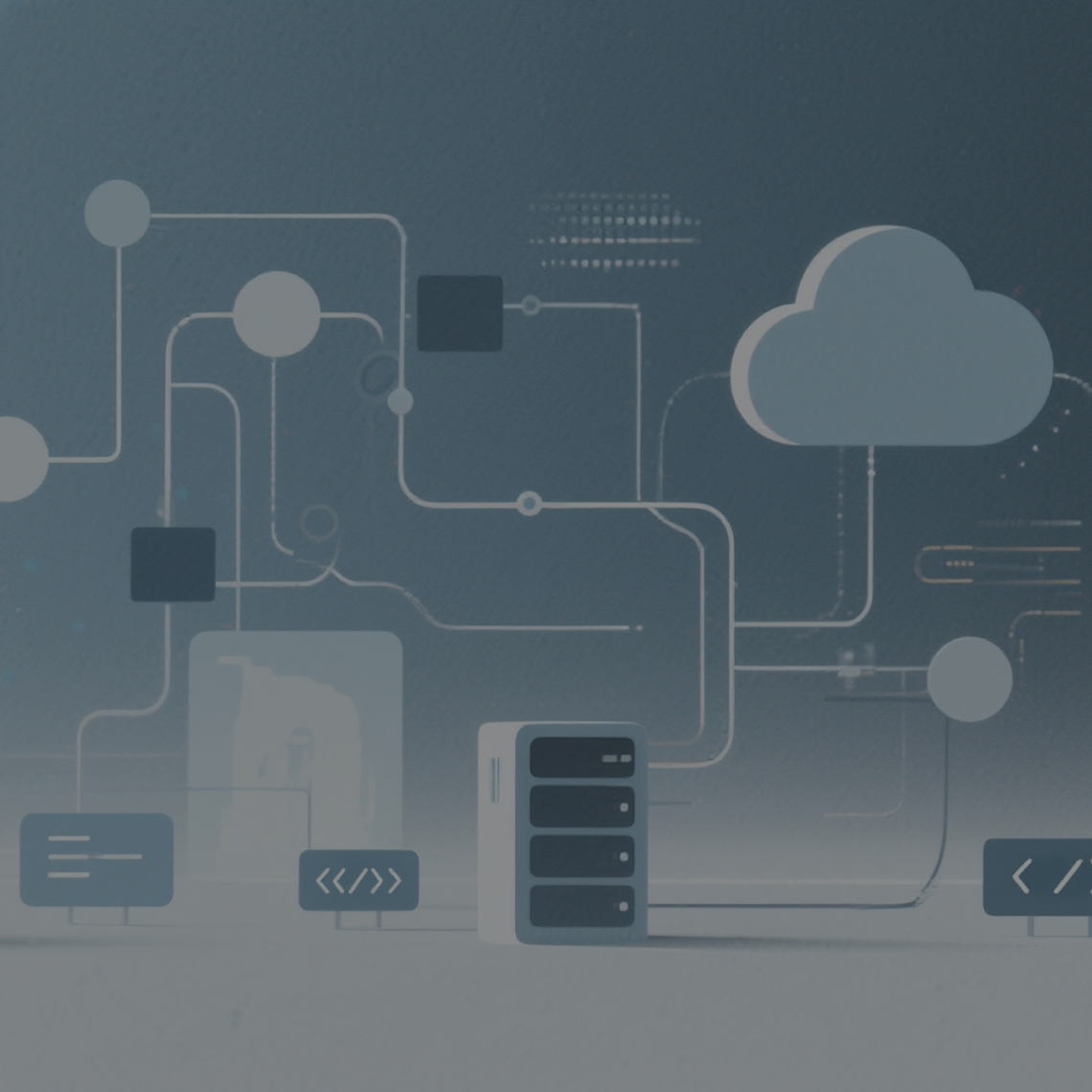Artificial intelligence (AI) and machine learning (ML) have emerged as groundbreaking technologies in DevOps, transforming software development practices for agile delivery. According to Deloitte, the global market for AI custom application development services will exceed $61 billion by 2023, indicating the accelerated adoption of AI and ML in DevOps. This exponential growth can be attributed to the numerous advantages organizations stand to gain by incorporating ML and AI in DevOps processes.
This article explores the profound impact of AI and machine learning in DevOps. It delves into the benefits of using AI in DevOps, leveraging advanced algorithms and data-driven insights to usher in a new era of accuracy and efficiency.
Artificial intelligence is the simulation of human intelligence in machines that are designed to think and learn like humans. It involves creating computer systems capable of performing tasks that typically require human intellect, such as speech recognition, decision-making, and problem-solving.
Machine learning is a subset of AI that focuses on algorithms and statistical models to help computers learn from experience and improve without explicit programming. ML algorithms analyze large datasets, identify patterns, and make predictions or decisions based on the learned patterns.
DevOps is a software development approach that emphasizes effective communication, innovative collaboration, and seamless integration between development and operations teams. It aims to shorten the development lifecycle, increase deployment frequency, and ensure the stability and reliability of software systems.
DevOps and machine learning share a symbiotic relationship as they can build on each other’s strengths. By integrating machine learning in DevOps, organizations can utilize AI, predictive analytics, and algorithmic IT operations to enhance efficiency.
How are AI and ML transforming DevOps?
In this section, we’ll examine how DevOps teams incorporate AI tools and AI-augmented DevOps practices into their workflows to improve their outcomes.
1. Automated testing, deployment, and release management
Automation is a fundamental aspect of DevOps, and AI and machine learning are advancing the field by automating testing and deployment. Intelligent algorithms analyze code repositories, test cases, and historical data to determine optimal deployment strategies and automatically trigger deployments.
2. Continuous integration and continuous deployment (CI/CD)
AI and Machine learning algorithms optimize CI/CD pipelines by evaluating various parameters such as code quality, testing results, and deployment history. Machine learning models predict the impact of code changes on system performance, identify bottlenecks and potential issues, and recommend optimizations while minimizing risk.
3. Predictive analytics for resource allocation
Machine learning models analyze historical data, system performance metrics, and workload patterns to forecast future resource demands. AI and machine learning techniques enable predictive analytics to optimize resource allocation, facilitate capacity planning, and suggest scaling strategies
4. Anomaly detection and root cause analysis
Machine learning models analyze vast amounts of data and performance indicators to detect anomalies in real time. Anomaly detection tools monitor system behavior and identify unusual patterns or deviations from normal operations. When an issue arises, these tools assist in root cause analysis by correlating data from multiple sources and suggesting probable causes.
5. Chatbots and virtual assistants for collaboration
AI-powered chatbots and virtual assistants enhance collaboration within DevOps teams by providing real-time support, answering queries, and facilitating communication.
Benefits of leveraging AI and ML in DevOps
The importance of using AI in DevOps lies in its ability to optimize various aspects of software development and delivery. Let’s take a closer look at the advantages of integrating AI and ML in DevOps.
1. Enhanced efficiency, productivity, and quality
AI and Machine learning help boost efficiency and productivity by automating time-consuming and repetitive DevOps tasks, such as code testing and deployment. These technologies also analyze large volumes of data and patterns to identify potential defects and vulnerabilities in the software development lifecycle. This leads to improved accuracy, higher-quality releases, and fewer post-deployment issues.
2. Faster detection and resolution of issues
AI and machine learning algorithms apply proactive tracking and predictive analytics to monitor system logs, metrics, and user behavior—enabling early detection of anomalies and the prediction of potential failures. This proactive approach helps accelerate problem resolution and improve overall system reliability.
3. Increased scalability and flexibility
DevOps teams often deal with complex infrastructures and workflows. AI and machine learning technologies analyze system performance, streamline resource allocation, and dynamically adjust infrastructure based on demand.
4. Faster time-to-market
AI and Machine learning tools automate manual processes, optimize resource allocation, and provide actionable insights for better decision-making. They analyze code changes, run tests, and validate functionality, ensuring smoother and faster development and release cycles.
5. Enhanced collaboration and knowledge sharing
AI and machine learning tools facilitate collaboration by automatically extracting knowledge from various sources, such as code repositories, documentation, and communication channels. They assist in code reviews, suggest best practices, and provide contextual information, promoting knowledge sharing and improving overall team productivity.
Challenges of integrating AI and ML in DevOps
Here, we’ll explore the complexities of integrating machine learning in DevOps and the challenges of implementing ai-augmented DevOps practices.
1. Data quality and availability
AI and machine learning algorithms rely on substantial volumes of accurate data to train models effectively. However, acquiring such high-quality data in a DevOps environment can be difficult, impeding the development and deployment of AI-driven solutions.
2. Data privacy and security concerns
Integrating AI and ML in DevOps involves handling and analyzing sensitive data related to software code, infrastructure, and user behavior. Ensuring data privacy and security requires robust mechanisms for data anonymization, encryption, access control, and compliance with regulatory requirements.
3. Ethical considerations
Integrating AI and ML in DevOps raises ethical concerns related to privacy, bias, fairness, transparency, and accountability. This requires careful consideration, implementation, and strict monitoring of ethical guidelines to ensure that AI and machine learning systems are designed and deployed ethically.
4. Change management and organizational adoption
Integrating AI and machine learning technologies into existing DevOps toolchains and workflows can be complex. It requires adapting and integrating different tools, libraries, and frameworks, which can be challenging and time-consuming.
Implementing AI and ML in DevOps also requires organizational change and cultural transformation. Aside from embracing new technologies, it involves upskilling teams and establishing new processes and practices.
5. Need for skills, expertise, and continuous learning
Developing, deploying, and maintaining AI and machine learning models require specialized skills and expertise that may not be readily available within a DevOps team. Moreover, ML models need continuous learning and adaptation to evolving environments, which can be difficult in fast-paced DevOps ecosystems with frequent changes.
To overcome these challenges, organizations can consider scaling DevOps with a tech talent partner like Andela. With Andela, businesses gain access to competent DevOps professionals with experience in AI-powered DevOps. This collaboration helps bridge the skills gap and allows organizations to successfully implement AI and ML in DevOps projects.
Partner with Andela for AI- and ML-driven DevOps
The future of AI and ML in DevOps holds the potential for even greater advancements. Based on industry predictions and reports, DevOps automation will go beyond CI/CD, encompassing various aspects of IT management and operations.
Take the next step toward AI-powered DevOps with Andela, and connect with AI- and machine learning-savvy DevOps consultants, developers, and administrators. Andela's managed services offer a holistic approach to DevOps, providing end-to-end support for the seamless integration of artificial intelligence into your existing infrastructure.
Get Andela's support today to harness the full potential of AI and machine learning and optimize your DevOps for unprecedented growth.




.png)




.avif)



.png)










